The benefits of Community led Total Sanitation (CLTS) far exceed better sanitation and health outcomes alone. The empowerment aspect within CLTS can change identities, as this case story explores.
Kajal Basfore and Seema Basfore of Harijan Para are two young 20 year-old girls, who have been changing lives in Kalyani slums by spreading the message of good sanitation and hygiene through street plays and dramas. “Everything changed dramatically for us after 2006”, say the two young women, recalling the Community-led Total Sanitation (CLTS) exercise conducted by Dr. Kamal Kar from CLTS Foundation Global in partnership with Kalyani Municipality to stop the practice of open defecation in the slums of Kalyani earlier in 2006. Harijan Para, one of the 52 slums of the Municipality was the filthiest of the lot. “Earlier our friends would not even come to our para, because it used to be so dirty and smelly. Now we feel great pride when these same friends say that our para is cleaner than many of the other paras in Kalyani.”
Kajal and Seema state that the change that took place in Harijan Para after the CLTS triggering was nothing short of a miracle. Kajal says, “Being from the Harijan community, cleaning other people’s houses and toilets was a profession followed by our male members. It was only after the triggering that we realised that while we kept other people’s houses clean, our own houses and surroundings in which we lived were so filthy. We were literally living on shit.” Soon after the triggering, all the community members got together and pledged to put an end to open defecation. Many members actively took the lead and built their own toilets. They formed a committee, held regular meetings and followed up with the rest of the community to ensure that each one built their own toilet, so that the entire community would become open defecation free (ODF). A few of Kajal and Seema’s family members emerged as these proactive ‘Natural Leaders’, thus providing a platform for the young women to get involved as well.
Talking about how the events after the triggering were life-changing for them, they said, “The main change began with each of us building toilets and stopping open defecation, which directly reflected on our better health. We were able to work better and children started doing well in schools. This in turn, initiated many other social changes in the community which was unimaginable earlier. For e.g. men started realising that they were wasting their health and affecting their family’s well-being because of their drinking habits. Slowly, they began to give it up. Alcoholism was a huge social problem in our community earlier. These days, you will hardly find two or three people who still drink. All this was emphasised in the street play that we developed after the triggering to campaign for an open defecation free para. In it, we also included other social messages “
For the girls, acting in the play was a very powerful experience, they say, “Our mama (uncle) asked us to take part in the play to spread the message of good hygiene. We were petrified. Because earlier we had never gone out of our houses or spoken in public. Being girls, we had been brought up in a very restricted manner, given limited opportunities to study or to be seen in public. Nobody had ever asked for our opinion on anything and we were never given the chance to have our voices heard. So for us acting in a play was unimaginable.” As expected, the girls faced stiff resistance from their parents in the beginning who would not allow them to travel outside the para but the Natural Leaders in the community convinced their parents that this was for a larger cause. “The play allowed us to take centre stage. At first we were very frightened and kept mucking up our lines, but soon we gained confidence and took control of the play. We realised that this was not just a play, we were part of something bigger and very important. We were part of the change that was happening in our society.”
Kajal and Seema’s foray into the public space and their role in bringing about positive social changes in the community, acted as a catalyst in influencing an open and progressive outlook towards the role of women and girls in the community. “We have come a long way over the last few years and a lot of changes have taken place in our para. People now recognise us on the streets and they appreciate our work, which makes our parents very proud. All families in our para now allow their girl children to study as much as they want. The girl now decides when she wants to marry. Earlier they would be married off by 14-15 years, but today girls in our para are studying for law, education etc.” When asked what has been their greatest learning through all of this, they say, “It doesn’t matter if you are girl or a boy, we can do whatever we want to do, if we put our mind to it. We realised this when we changed our sanitation situation. From the outside nobody can tell which caste or community we belong to, because we look clean, we look like anyone else. Nobody discriminates against us anymore because of our caste or because we are girls. We finally understood what our real identity is.”
By Preetha Prabhakaran – Programme Manager, CLTS Foundation Global
This case story is part of a study titled “The impact of CLTS on women’s health in urban slums – A case study of Kalyani Municipality”, a joint collaborative effort between the Institute of Development Studies, University of Sussex and the CLTS Foundation Global as part of a project within an Accountable Grant funded by UK Aid from the UK’s Department for International Development.
Subscribe with your email id to get the latest from CLTS Foundation Global, knowledge products, our campaign posts, newsletter, interviews of CLTS Champions and much more.
[wysija_form id=”1″]
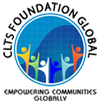
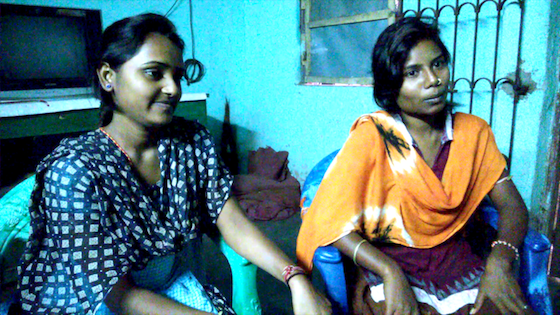
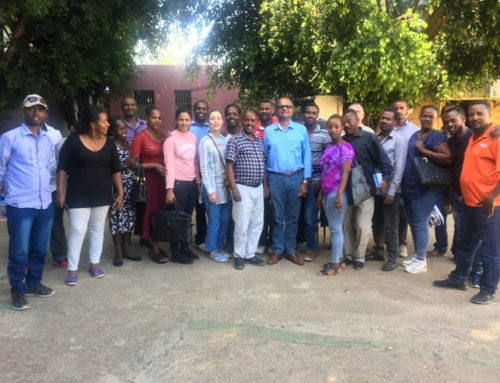
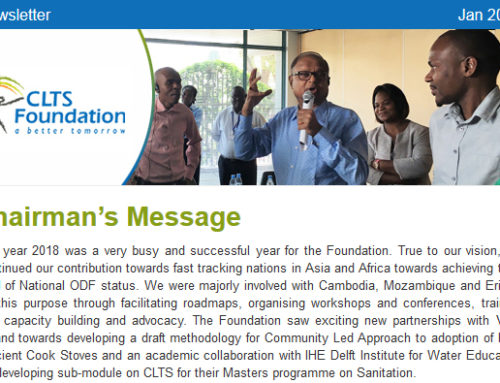
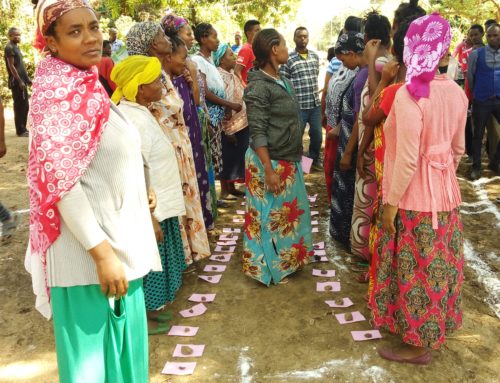
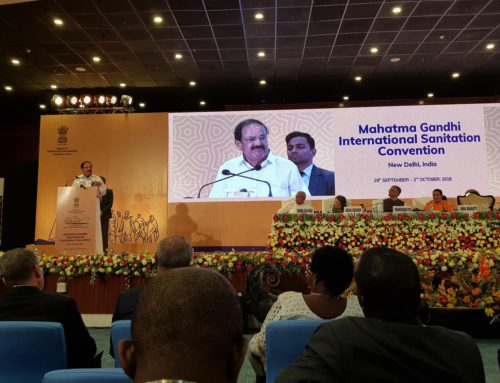
Leave A Comment